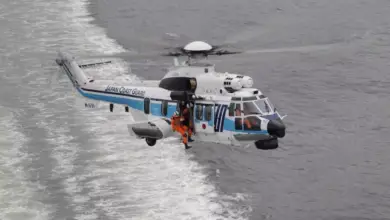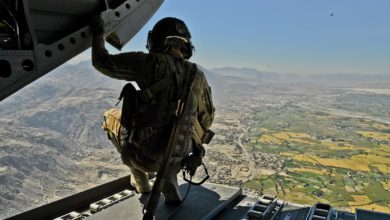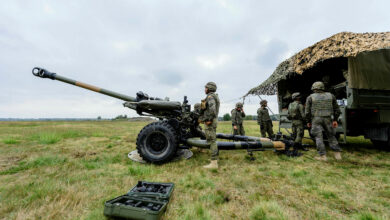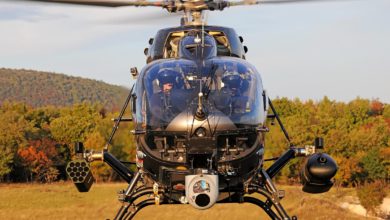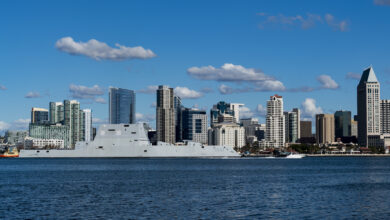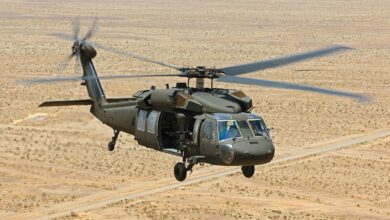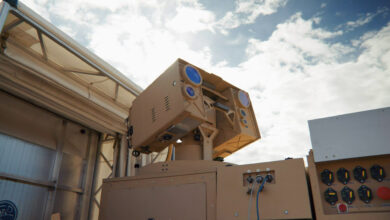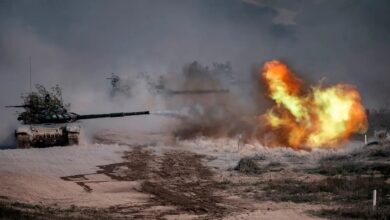NATO has issued a request for proposals (RFP) for an engine to power the alliance’s Next Generation Rotorcraft Capability (NGRC).
This includes the “transmission, propulsion, and flight-control systems accordingly, as well as providing power for onboard systems and accessories/auxiliaries, both in flight and on ground,” FlightGlobal wrote citing the document.
The NATO Support and Procurement Agency (NSPA) will streamline the research process. Collaborating with industry partners and on behalf of member nations, the agency will delve into the realm of the latest technology “to achieve unparalleled flight capabilities.”
Challenging Task
“Writing an RFP for a Concept Stage Study is a challenging but interesting task,” NSPA Voluntary National Contributions Senior Technical Officer Markus Loennig said.
“I appreciate the effectiveness of teamwork at NSPA in the NGRC Programme. The positive interaction between team members … enabled us to publish the first RFP according to the planning agreed with Nations.”
Companies have until the end of August to send in proposals, while the contract award is scheduled for November.
“The first study will deliver an agnostic view and analysis of existing and future Novel Powerplant solutions,” NSPA Senior Technical Officer Richard Thorpe stated.
“This is a key step to prepare and feed the Integrated Platform Concept Review the NGRC Programme Office plans to be awarded in 2024.”
NATO’s Next-Generation Rotorcraft Capability
The NGRC project involves six NATO members seeking a new helicopter to replace their current fleets, which are expected to be decommissioned in the next 15 to 20 years.
NATO launched the NGRC program in June last year. For the initial phase, the UK, France, Italy, the Netherlands, Greece, and Germany invested $28.16 million to define project requirements in three years.
Spain and the US are also considering joining the project.


